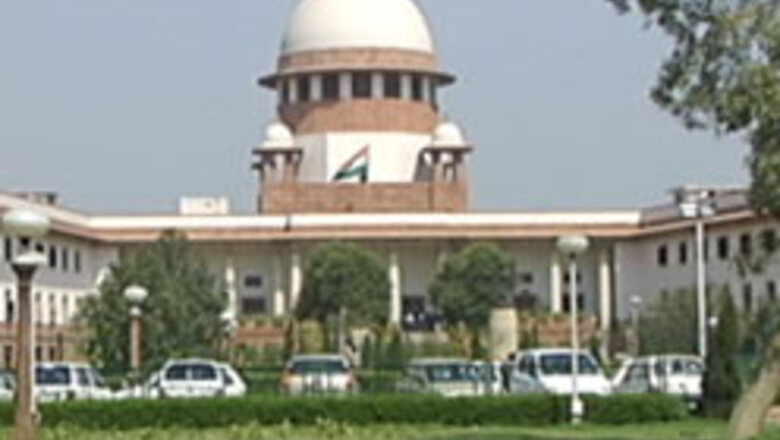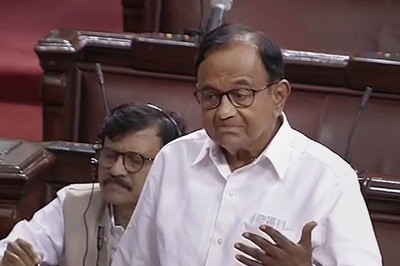
views
New Delhi: The Supreme Court on Tuesday held that a rape victim's testimony in a court about the crime needs no corroboration to convict the accused.
A bench of Justice Arijit Pasayat and Justice P Sathasivam gave the verdict on an appeal by Moti Lal, who had been sentenced to seven years' jail for raping a Dalit woman of his village near Khajuraho in Madhya Pradesh in January 2002.
According to police, Moti Lal had raped the woman when she was guarding her farm.
Moti Lal had come to the apex court contending that the trial court convicted him solely on the woman's deposition, which had no independent corroboration to prove the charges without doubt.
The trial court did not seek even an independent corroboration of the woman's deposition, he contended, challenging the trial court's ruling that had been endorsed by the Jabalpur bench of the Madhya Pradesh High Court.
The apex court bench dismissed Moti Lal's appeal saying “a rape victim is a victim of the crime. The Evidence Act nowhere says that her evidence cannot be accepted unless it is corroborated independently”.
It also dwelt upon Indian values to drive home the point why the rape victims' deposition in court need no independent corroboration to convict the alleged rapist.
“In the Indian setting, refusal to act on the testimony of the victim of sexual assault in the absence of corroboration as a rule is adding insult to injury.
“A girl or a woman in the tradition-bound, non-permissive society of India would be extremely reluctant even to admit that any incident which is likely to reflect on her chastity had ever occurred,” it said.
“She would be conscious of the danger of being ostracised by society and when in the face of these factors the crime is brought to light, there is an inbuilt assurance that the charge is genuine rather than fabricated,” the bench said.
It also said that the deposition of a rape victim must enjoy the same level of court's confidence that the testimony of an injured person enjoys about the physical assault.
The bench held that even if a court is not able to believe the deposition of a rape victim, it should at best seek some evidence to assure itself of the deposition, instead of seeking independent corroboration.




















Comments
0 comment